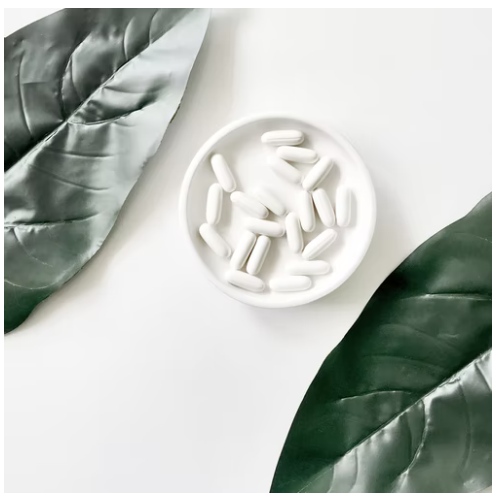Holistic medicines
Holistic medicine is a form of healings that looks at the whole person (body, mind, spirit, and emotions) to pursue optimal health and well-being. According to the holistic medicine philosophy, optimal health, the main goal of holistic medicine practice, can be achieved by achieving a good balance in life.
Holistic medicine practitioners believe that the whole person
is made up of interrelated parts, and if one part does not function properly,
all the others will be affected. In this way, if people have any imbalance
(physical, emotional, or spiritual) in their life, it can negatively affect
their overall health.
A holistic practitioner can use all forms of medical care,
from conventional medications to alternative therapies, to treat a patient. For
example, a person who is a souffrant of migraines will visit a holistic doctor,
on the basis of sorting uniquely with medical issues, the doctor will probably
examine all the factors potentiels pouvant cause les maux de tete de la
personne, tels que d'autres problèmes. Of health. Problems, diet and sleep
patterns, stress and personal issues, and best spiritual practices. The
treatment plan may include medication to relieve symptoms and lifestyle
changes to help prevent the headache from returning.

Holistic Medicine Principles
Holistic medicines are also based on the belief that
unconditional love and support are the most potent healers and that a person
is ultimately responsible for their own health and well-being. The other
principles of holistic medicine are as follows:
• All people have innate healing power.
• The patient is a person, not a disease.
• Healing takes a team approach that involves the patient
and the physician and addresses all aspects of a person's life using various health care practices.
• Treatment involves correcting the cause of the disease,
not just relieving symptoms.
Holistic medicine: types
of treatments
Holistic professionals use various treatment techniques
to help their patients take responsibility for their own well-being and achieve
optimal health. Depending on the training of the doctor, it can be:
• Patients education on lifestyle changes and self-care to
promote wellness. This can include diet, exercise, psychotherapy, spiritual and
relationship counseling, etc.
• Complementary and alternative therapy such as acupuncture,
chiropractic cares, homeopathy, massage therapy, naturopathy, and others
• Western surgeries and medicines
HE SUGGESTED
Holistic Medicines: Where to Find Holistic Providers
Holistic providers may include physicians, osteopathic
physicians, naturopathic physicians, chiropractors, and homeopathic physicians.
To find holistic practitioners in your area, visit the American Holistic
Medical Association websites. There you can use an online breadwinner search to
see a doctor close to you.
Here is some tip to keep in mind when selecting a
comprehensive provider:
Don't talk to just anyone. As with all professionals, some are good at their job and those who are not. Before choosing a
holistic medicines doctor, get a referral from someone you trust or contact a
trusted healthcare organization and request a referral.
Do your homework. When selecting a holistic physician, find
out as much as possible about that person's education, experience, specialty,
and association with professional organizations and hospital affiliations. Are
they certified in holistic medicine by a credible medical council? Also, consider the doctor's philosophy of treatment. Is it similar to your own point
of view?
How do you feel? Consider how comfortable you are with the
providers. Do they make you feel comfortable? Does the provider respect your
concerns and beliefs? Remember that holistic medicine has a team approach involving you and the provider, so make sure you feel comfortable and
respected and someone you would love to be with.
The time of the meeting. Choose a provider who spends enough
time with you so that you can fully understand your needs.


